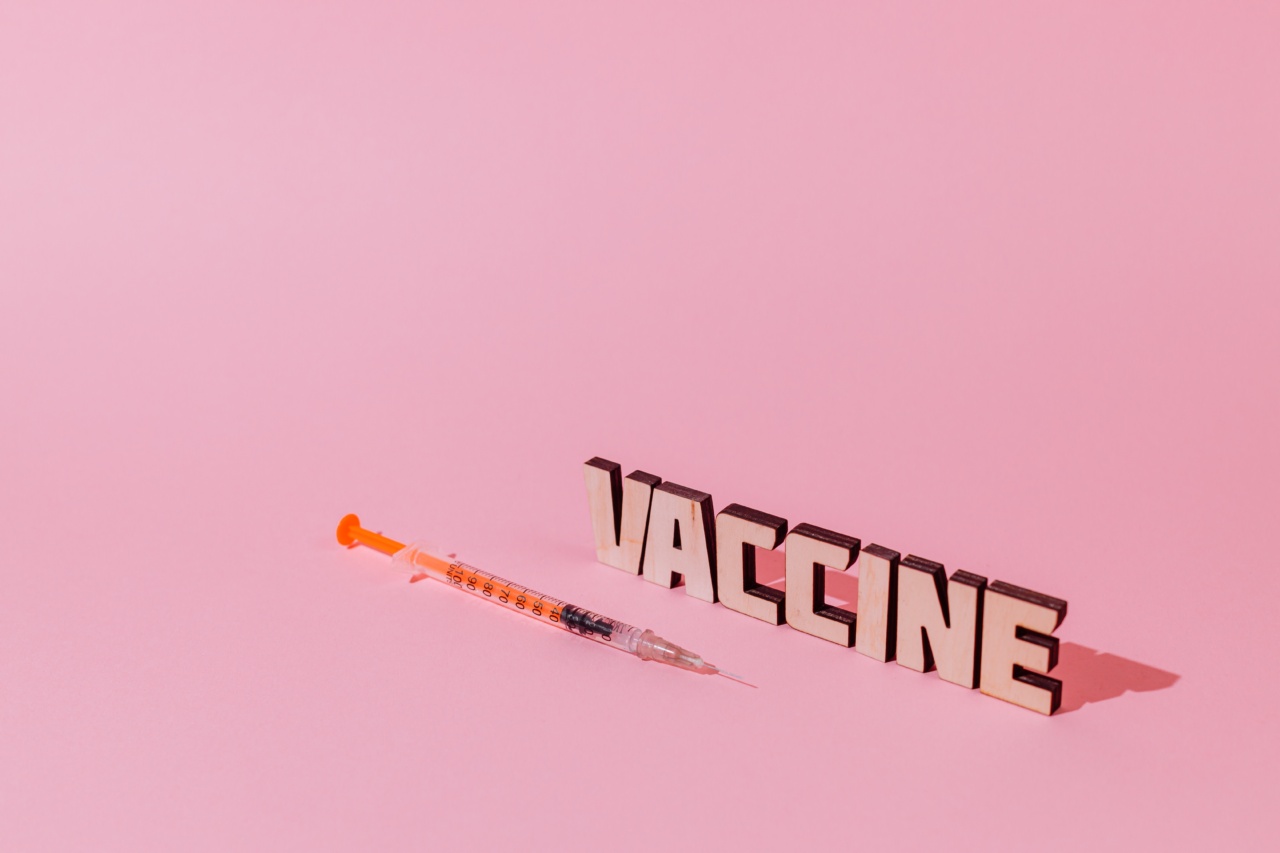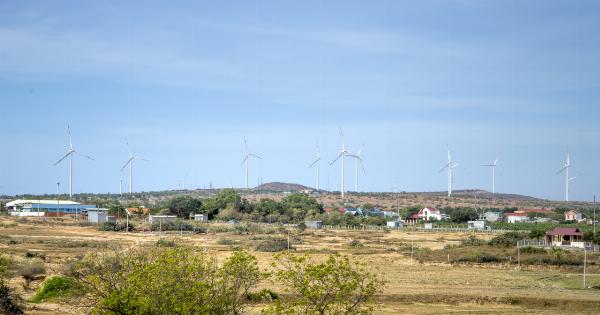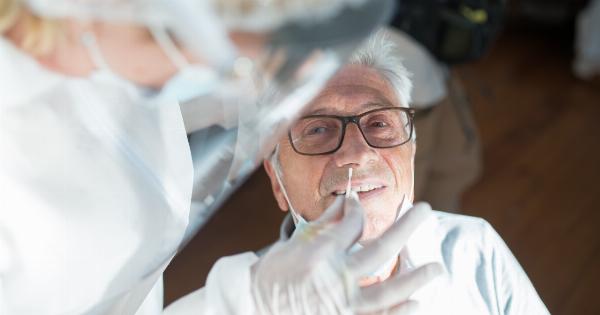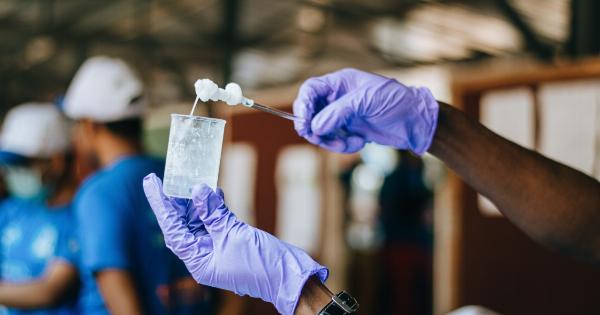Miscarriage is a devastating event that affects many women and their families. It is defined as the loss of a pregnancy before the fetus reaches viability, typically occurring before the 20th week of gestation.
Approximately 10-20% of known pregnancies end in miscarriage, and the emotional and physical toll it takes on individuals can be immense. In recent years, there has been a growing interest in anthropology-based methods for preventing miscarriages. This article explores these methods and their potential effectiveness.
1. Cultural Beliefs and Practices
Anthropology emphasizes the significance of cultural beliefs and practices in shaping various aspects of human life, including health and reproductive experiences.
Some cultures have traditional practices and beliefs around pregnancy and childbirth that may inadvertently contribute to the occurrence of miscarriages. For example, in certain cultures, pregnant women are expected to engage in strenuous physical labor, which can increase the risk of miscarriage.
Anthropological research can help identify such practices and initiate discussions about their potential impact on reproductive health.
2. Dietary Considerations
Nutrition plays a crucial role in maintaining a healthy pregnancy. Anthropology-based approaches to miscarriage prevention involve studying traditional diets of communities that have low rates of miscarriages.
These diets often include a variety of locally sourced, nutrient-rich foods. By understanding the nutrient composition of these diets, healthcare professionals can develop dietary recommendations that promote reproductive health and reduce the risk of miscarriage.
3. Traditional Medicine
Anthropological research also explores the use of traditional medicine in preventing miscarriages. Traditional healers in many cultures have expert knowledge of herbal remedies and practices that can support a healthy pregnancy.
Collaborating with traditional healers and integrating their knowledge with modern medical practices can potentially provide a holistic approach to miscarriage prevention.
4. Environmental Influences
Another important aspect explored in anthropology-based miscarriage prevention is the effect of environmental factors on reproductive health.
Conditions such as exposure to harmful chemicals, pollutants, or extreme temperatures can increase the risk of miscarriage. Anthropologists work closely with environmental scientists to identify potential hazards and implement measures to minimize environmental risks for pregnant individuals.
5. Stress and Emotional Support
The emotional well-being of pregnant individuals is a critical but often overlooked factor that can influence the risk of miscarriage.
Anthropological studies highlight the importance of providing adequate emotional support to individuals experiencing high levels of stress during pregnancy. Implementing culturally sensitive support systems can help reduce stress and mitigate the risk of miscarriage.
6. Preconception Care
Anthropological perspectives emphasize the significance of preconception care in preventing miscarriages. This involves addressing the health needs of both parents before conception.
Anthropologists work with healthcare providers to develop comprehensive preconception care programs that focus on optimizing reproductive health, identifying potential risk factors, and providing interventions to mitigate those risks.
7. Understanding Social Determinants
Social determinants, such as socioeconomic status, education, and access to healthcare, have a significant impact on reproductive health outcomes.
Anthropologists examine the influence of these factors on the occurrence of miscarriages and advocate for policies that address social inequalities and provide equal access to healthcare and resources for all individuals.
8. Community Engagement and Education
Anthropology-based miscarriage prevention approaches involve community engagement and education. Anthropologists collaborate with local communities to raise awareness about the risk factors associated with miscarriage and promote healthy behaviors.
This includes educating community members about the importance of prenatal care, nutrition, and avoiding harmful practices during pregnancy.
9. Role of Traditional Birth Attendants
In many cultures, traditional birth attendants play a vital role in providing care and support during pregnancy and childbirth. Anthropological research explores the potential involvement of traditional birth attendants in miscarriage prevention.
By integrating their knowledge and skills with evidence-based medical practices, a comprehensive approach can be developed to reduce the risk of miscarriages.
10. Maternal Healthcare Systems
Anthropologists study the strengths and weaknesses of existing maternal healthcare systems to identify gaps in miscarriage prevention efforts.
They work with healthcare providers and policymakers to develop strategies that enhance the overall quality of care provided to pregnant individuals. This includes improving access to prenatal care, ensuring the availability of necessary medical interventions, and addressing cultural and social barriers that may hinder effective care.































